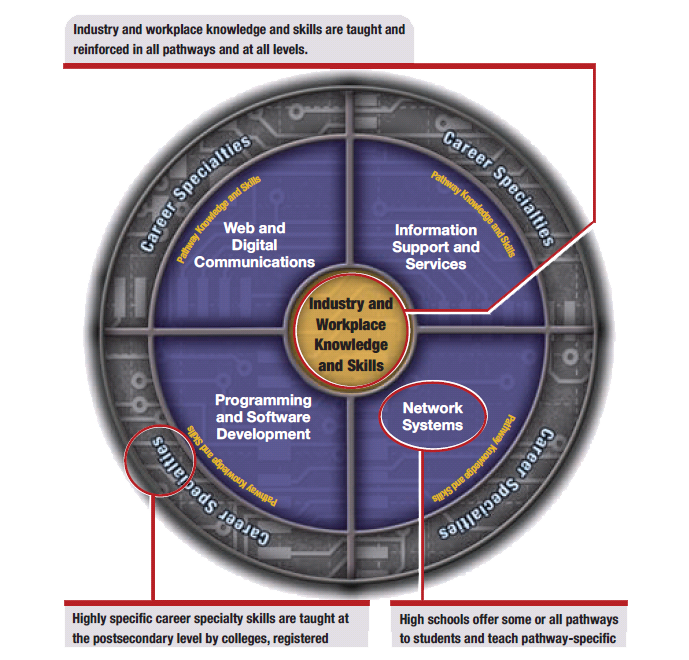Information Technology
BSSRO is developed R&D channel & media all over India for research & new technology .
Building linkages in IT occupations framework: for entry level, technical, and professional careers related to the design, development, support, and management of hardware, software, multi-media, and systems integration services

Community College Students Learn and Earn
An associate or a bachelor’s degree is needed to achieve at a career in information technology. Working as a desktop support technician, BSSRO’s job involved troubleshooting computer issues and helping co-workers with printers and scanners. Campbell’s job involved troubleshooting computers and hooking up phone ports and jacks.
Information Technology (IT)
Information Technology professionals typically provide direct support for large acquisition programs at Chief Information Officer, Design Activity or Field Office levels. Areas of focus include IT acquisition strategy, planning, systems architectural compliance, information assurance, security, validation and testing. Within IT acquisition, the IT professional formulates requirements and specifications, cost estimating, and resource planning. They can also play a key role in Functional Area Manager (FAM) portfolio management, information assurance accreditation validation, enterprise architecture compliance, testing and evaluation, software development life cycle, and project management. IT professionals can fulfil positions that specialize in Information Security, Policy and Planning, Enterprise Architecture, Network Services and Computer Engineering.
National Career Readiness Certificate
Computer Systems Analysts and Computer Software Engineers, Applications. Computer systems analysts analyze science, engineering, business, and all other data processing problems for application to electronic data processing systems. Computer applications software engineers develop, create, and modify general computer applications software or specialized utility programs.
The job requires:
- Knowledge of circuit boards, processors, chips, electronic equipment, and computer hardware and software.
- Knowledge of arithmetic, algebra, geometry, calculus, statistics, and their applications.
- Knowledge of business and management principles.